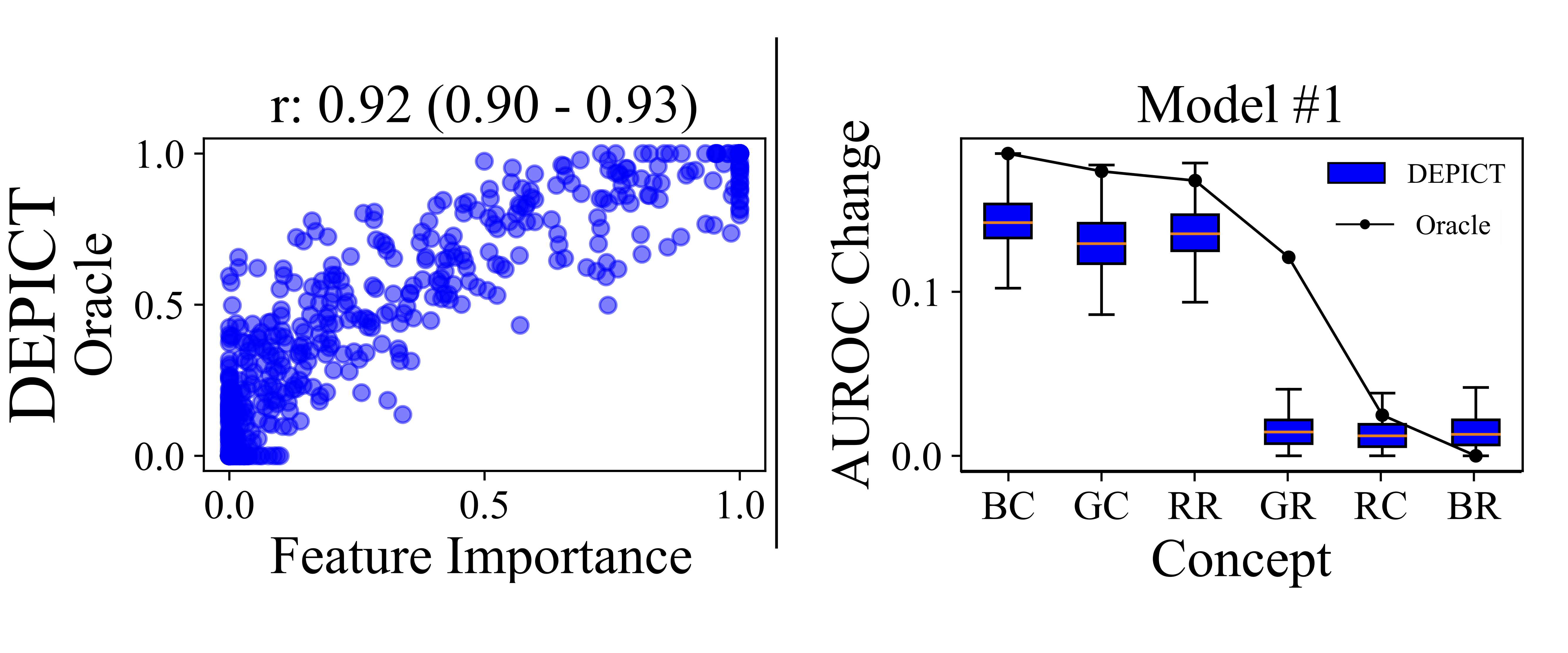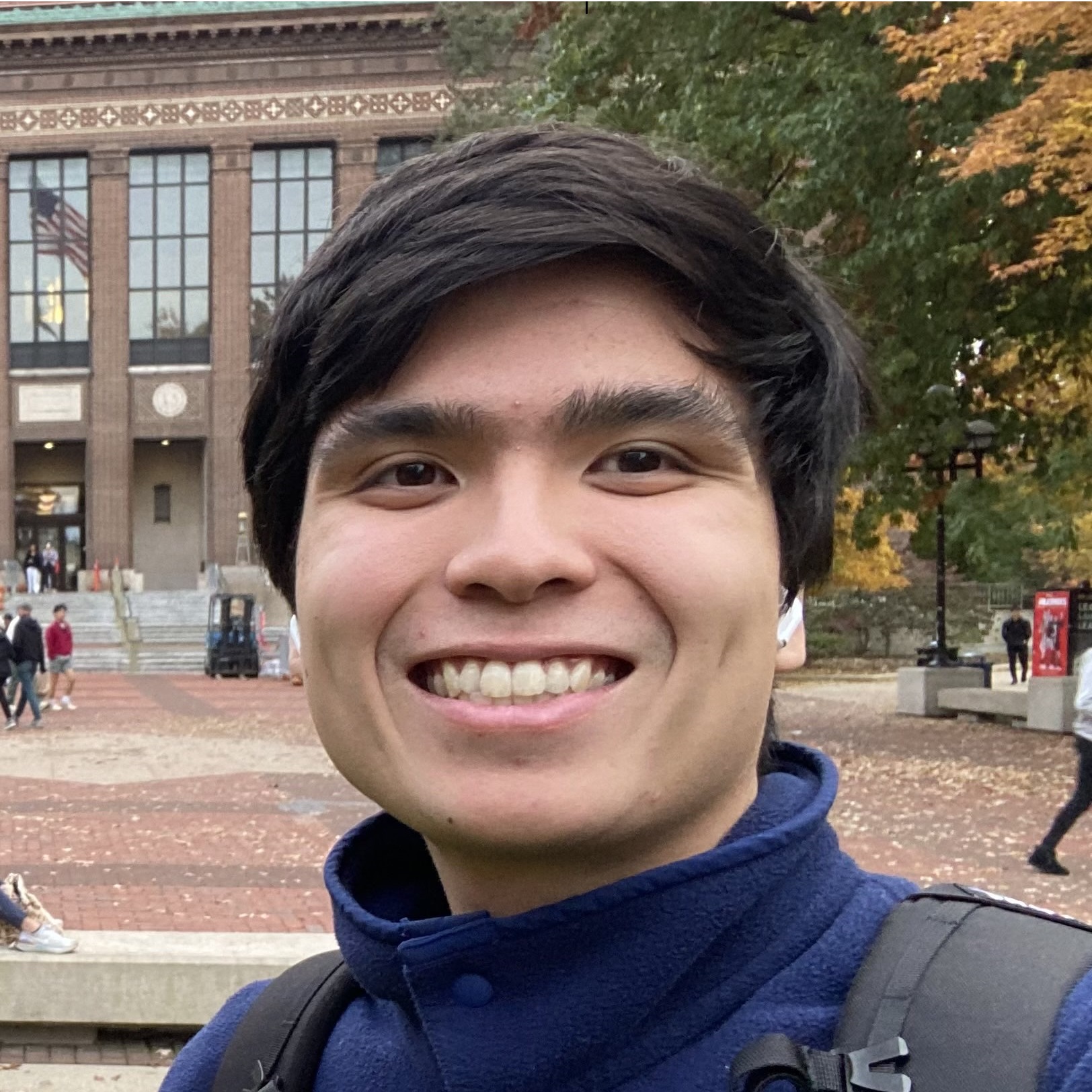About Me
Hello! I’m a first year PhD student at Columbia University in the Department of Biomedical Informatics (DBMI), working with Professor Matthew McDermott. My research interests lie at the intersection of machine learning, artificial intelligence, and health. Here is my CV.
Before Columbia, I earned a B.S. in Computer Science with a minor in Physics from the University of Michigan. At the Michigan AI Lab with Professor Jenna Wiens, I worked on machine learning for healthcare, first as an undergraduate researcher, then for a year as a pre-doctoral researcher.
Outside of research I enjoy cycling, keeping up with the news, music, and cooking!
Email: gbk2114 (at) cumc (dot) columbia (dot) edu
News
- 9/25: Excited to begin my PhD at Columbia University in NYC, joining the McDermott Health AI Lab and the Department of Biomedical Informatics.
- 11/24: I wrote a blog post on DEPICT for the Michigan AI lab blog. Check it out here.
- 7/24: DEPICT: Diffusion-Enabled Permutation Importance for Image Classification Tasks accepted to ECCV 2024!
- 6/24: Started as a full time research assistant with Jenna Wiens’s MLD3 group at Michigan.
- 5/24: Graduated with a B.S. in Computer Science and minor in Physics from Michigan with distinction.
- 6/23: Started as a undergraduate research assistant with Jenna Wiens’s MLD3 group at Michigan.
Publications
DEPICT: Diffusion Enabled Permutation Importance for Image Classification Tasks
Sarah Jabbour, Gregory Kondas, Ella Kazerooni, Michael W. Sjoding, David Fouhey*, Jenna Wiens*. ECCV 2024. [paper][code]
 Permutation importance has been used to provide feature importance explanations for tabular-based models. Leveraging text-conditioned diffusion, we extend this framework to image-based models and facilitate dataset-level model explanations.
Permutation importance has been used to provide feature importance explanations for tabular-based models. Leveraging text-conditioned diffusion, we extend this framework to image-based models and facilitate dataset-level model explanations.
Teaching
- Teaching Assistant - PHYSICS 250: Physics for the Life Sciences II, Spring 2021 - Fall 2023
